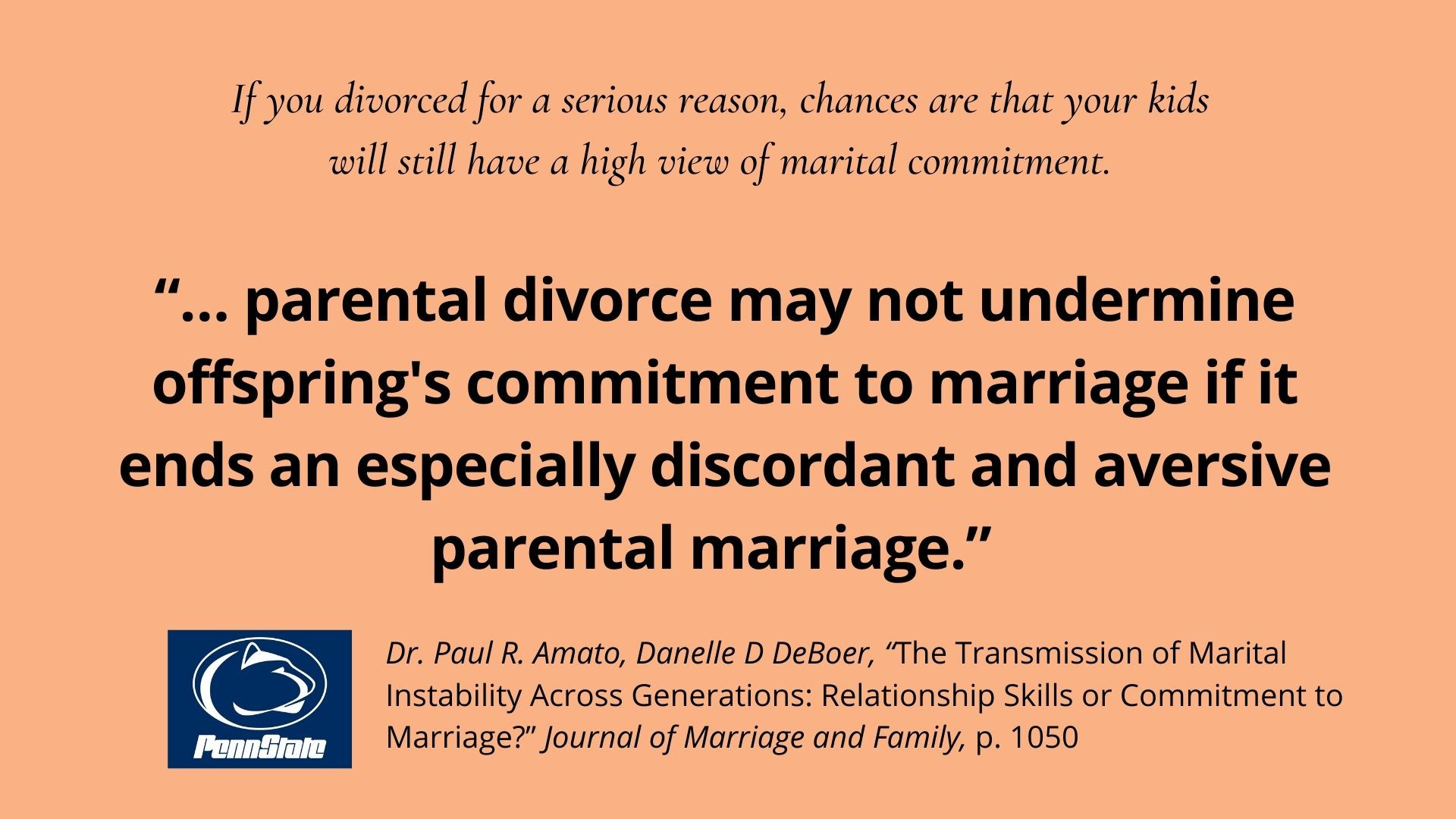
The Enduring Impact of Parental Marriage: A Comprehensive Exploration
The institution of parental marriage has long served as a cornerstone of societal structure, influencing not only the immediate family unit but also broader social norms and individual development. Understanding the multifaceted impact of parental marriage requires a comprehensive examination of its effects on children, spousal well-being, economic stability, and overall community health. This article delves into the various dimensions of parental marriage, exploring its benefits, challenges, and evolving role in contemporary society.
The Significance of Parental Marriage in Child Development
One of the most significant areas affected by parental marriage is child development. Research consistently demonstrates that children raised in stable, two-parent households tend to exhibit better academic performance, fewer behavioral problems, and improved emotional well-being. The presence of two parents often provides a more consistent and supportive environment, allowing children to thrive in various aspects of their lives. A secure and nurturing home, often fostered by a strong parental marriage, provides children with the emotional security needed to explore their surroundings and develop healthy relationships. [See also: The Psychological Impact of Divorce on Children]
Academic Achievement
Children from intact, married families typically perform better academically than those from single-parent households or cohabitating families. This advantage can be attributed to several factors, including increased parental involvement, greater financial stability, and a more structured home environment. Married parents often have more time and resources to dedicate to their children’s education, helping with homework, attending school events, and providing access to extracurricular activities. The stability of a parental marriage also reduces the likelihood of family disruptions, such as frequent moves or changes in caregivers, which can negatively impact a child’s academic progress.
Behavioral and Emotional Well-being
Stable parental marriage is strongly associated with improved behavioral and emotional outcomes for children. Children in these environments are less likely to exhibit behavioral problems such as aggression, delinquency, and substance abuse. They also tend to have better emotional regulation skills, higher self-esteem, and a greater sense of security. The consistent presence of both parents provides a stable and predictable environment, reducing the stress and anxiety that can contribute to behavioral and emotional difficulties. Furthermore, children who witness a healthy and loving parental marriage are more likely to develop healthy relationship skills themselves.
The Impact of Parental Marriage on Spousal Well-being
Beyond its effects on children, parental marriage also has a significant impact on the well-being of the spouses themselves. Married individuals generally report higher levels of happiness, satisfaction, and overall health compared to their unmarried counterparts. The commitment and support inherent in a marital relationship can buffer against stress, promote healthy behaviors, and provide a sense of purpose and belonging.
Physical and Mental Health
Research consistently shows that married individuals experience better physical and mental health outcomes. They are less likely to suffer from chronic illnesses, depression, and anxiety. The emotional support and companionship provided by a spouse can act as a buffer against stress, reducing the risk of stress-related health problems. Additionally, married individuals are more likely to engage in healthy behaviors, such as regular exercise, healthy eating, and preventive healthcare, often encouraged and supported by their spouse. The stability offered by parental marriage contributes significantly to overall well-being.
Financial Stability
Parental marriage is often associated with greater financial stability. Married couples typically have higher household incomes than single individuals or cohabitating couples. This is partly due to the pooling of resources and the potential for dual incomes. Additionally, married individuals may be more likely to invest in their careers and education, knowing that they have a partner to support them. The financial stability afforded by parental marriage can provide a safety net during times of economic hardship and contribute to a greater sense of security and well-being.
The Role of Parental Marriage in Community Health
The benefits of parental marriage extend beyond the immediate family unit, contributing to the overall health and stability of communities. Strong families are the foundation of strong communities, and stable marriages play a crucial role in fostering a positive social environment. Communities with a high percentage of married-parent families tend to have lower crime rates, better educational outcomes, and a stronger sense of civic engagement.
Social Cohesion
Parental marriage promotes social cohesion by creating stable and interconnected families. Married couples are more likely to be involved in their communities, participating in local organizations, volunteering, and engaging in civic activities. This involvement strengthens social bonds and fosters a sense of community pride. Additionally, children from stable, married-parent families are more likely to become engaged and responsible citizens themselves, contributing to the long-term health and well-being of their communities.
Economic Prosperity
Communities with a high percentage of married-parent families tend to experience greater economic prosperity. The stability and financial security associated with parental marriage can lead to increased investment in education, entrepreneurship, and community development. Additionally, children from stable families are more likely to become productive members of the workforce, contributing to the economic vitality of their communities. The presence of strong families is a key indicator of a healthy and thriving community.
Challenges to Parental Marriage in Contemporary Society
Despite its many benefits, parental marriage faces numerous challenges in contemporary society. Changing social norms, economic pressures, and increased rates of divorce and cohabitation have all contributed to a decline in the prevalence of marriage. Understanding these challenges is crucial for developing strategies to support and strengthen families.
Economic Pressures
Economic pressures can place significant strain on parental marriage. The rising cost of living, coupled with stagnant wages and increasing job insecurity, can create financial stress and conflict within families. These pressures can lead to marital dissatisfaction and even divorce. Additionally, the need for both parents to work to make ends meet can reduce the amount of time and energy they have to devote to their relationship and their children. [See also: The Impact of Financial Stress on Relationships]
Changing Social Norms
Changing social norms have also contributed to the decline in parental marriage. The increasing acceptance of cohabitation, single-parenthood, and same-sex marriage has altered the traditional definition of family. While these changes reflect a more inclusive and diverse society, they also present challenges to the institution of marriage. The lack of societal pressure to marry can lead some couples to forgo marriage altogether, even when it might be beneficial for them and their children.
Divorce and Separation
High rates of divorce and separation continue to be a significant challenge to parental marriage. Divorce can have devastating consequences for children, leading to emotional distress, academic difficulties, and behavioral problems. Additionally, divorce can create financial instability for both parents and children, making it difficult to maintain a stable and supportive home environment. Preventing divorce requires a commitment to communication, compromise, and seeking professional help when needed.
Strategies for Strengthening Parental Marriage
Given the numerous benefits of parental marriage, it is essential to develop strategies for supporting and strengthening families. These strategies should address the economic, social, and personal factors that can contribute to marital success. By investing in programs and policies that promote healthy relationships, we can help couples build strong and lasting marriages.
Education and Counseling
Providing education and counseling services to couples can help them develop the skills and knowledge needed to build strong and healthy marriages. Premarital counseling can help couples address potential challenges and develop strategies for effective communication and conflict resolution. Marriage enrichment programs can help couples strengthen their relationship and deepen their connection over time. Access to affordable and high-quality mental health services is also crucial for couples who are struggling with marital difficulties.
Economic Support
Providing economic support to families can reduce financial stress and promote marital stability. Policies such as earned income tax credits, affordable childcare, and paid family leave can help families meet their basic needs and reduce the burden of financial hardship. Additionally, job training and education programs can help individuals increase their earning potential and achieve greater financial security. Supporting parental marriage requires a multifaceted approach.
Community Support
Building strong communities can provide a supportive environment for parental marriage. Community organizations, faith-based institutions, and social networks can offer resources, support, and encouragement to families. Creating opportunities for families to connect with one another can foster a sense of belonging and reduce social isolation. Additionally, promoting positive media portrayals of marriage and family can help reinforce the value of these institutions.
The Future of Parental Marriage
The future of parental marriage will depend on our ability to address the challenges facing families in contemporary society. By investing in programs and policies that support healthy relationships, promote economic stability, and foster strong communities, we can help couples build strong and lasting marriages. While the definition of family may continue to evolve, the importance of stable and supportive relationships for children and adults alike will remain constant. The enduring impact of parental marriage warrants continued attention and support. [See also: The Evolution of Family Structures in the 21st Century]
In conclusion, the impact of parental marriage is profound and far-reaching, affecting child development, spousal well-being, and community health. While challenges exist, strategies for strengthening marriages and families offer hope for a brighter future. By prioritizing the needs of families and investing in their success, we can create a society where all children have the opportunity to thrive and all adults have the opportunity to experience the joys of a loving and supportive relationship. The importance of understanding and supporting parental marriage cannot be overstated.

